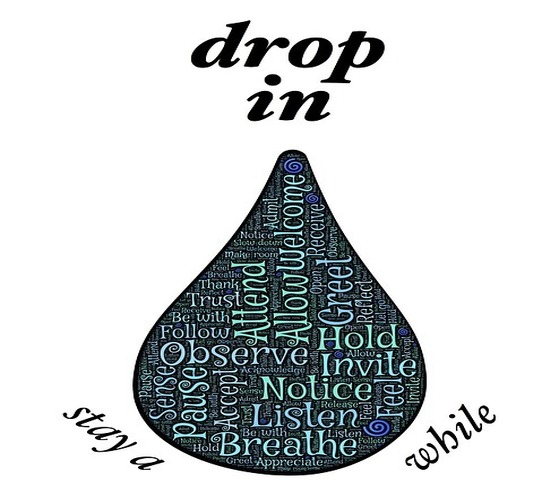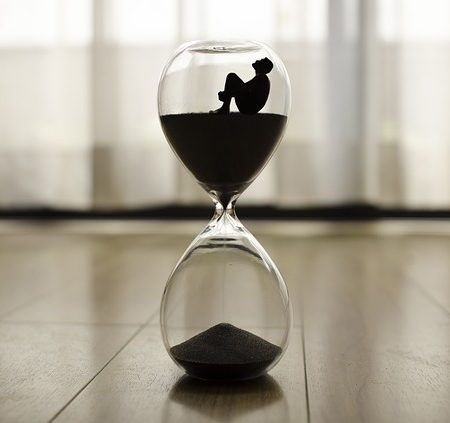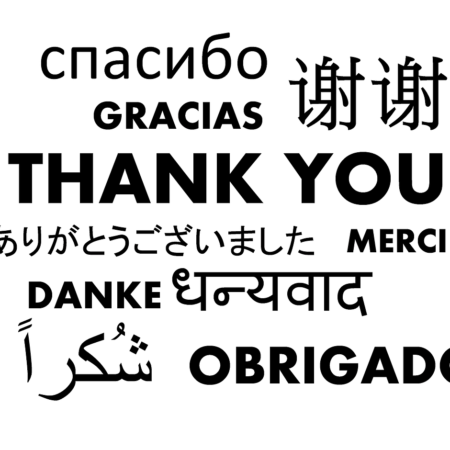
Be Present, Not Just Show Up
Recently, during a coaching session with a business owner, he expressed his frustration about the difficulties he had creating engaging and productive team meetings. His goal was to create an atmosphere where vital information and ideas could flow and be exchanged with rich discussions. And he concluded his description with this expression: “ It’s not that I am not there supporting them. I always show up”.
When I tried to understand exactly what he meant by “show up”, I saw the root of the problem. So, I invited him not only to share his thoughts, but his feelings, his movements, his level of participation, his listening, his body language, absolutely everything. We literally recreated and scrutinized every single piece of his last team meeting. By doing this, he realized the importance of the here and now, acknowledging how he really felt and behaved.
My client understood that being present has nothing to do with showing up, and everything to do with connecting to what is happening in the present. We learn presence moment by moment by tweaking our body language, behavior, and mindset day by day. It takes time, purpose and sustained practice to experience the benefits. No matter how busy and stressful your day is, the act of being present can change your life.
What is Presence?
Speaking boldly on being present in the workplace is Amy Cuddy, social psychologist and Associate Professor at Harvard Business School. In her book Presence, she pushes past spiritual quests for inner enlightenment and says “ presence stems from believing in and trusting yourself -your real, honest feelings, values, and abilities. That’s important, because if you don’t trust yourself, how can others trust you? According to Cuddy, there is no one who is present all the time, but we work on becoming present when we are interacting with people who are working for us or with us. Being able to hear them without a sense of threat, to go into those meetings with confidence and not arrogance. All of these are qualities of presence that allow us to not only have constructive conversations but to really build trust with people. Your presence, says Amy Cuddy, is signaling to them, “I’m interested in what you had to say. I’m engaged and I’m going to make sure I understand what you are saying before I respond”.
Presence emerges when we feel personally powerful, which allows us to be acutely attuned to our most sincere selves. Performing, working, interacting, thinking moment by moment offers unlimited possibilities. Being present enhances our work performance and gives us confidence.
What Does Being in the Moment Give Us?
Clarity
Being in the moment brings clarity. Strip away all the errant thoughts running through your head – they’re mostly repetitive and useless anyway. Those stray thoughts drain you of the vital energy you need to focus on the task that is right in front of you … at this moment in time … that which you are tasked to do.
Creativity
Being present is where creativity is born and lives. When your thoughts are no longer connected with past and future events, reflections, and emotions, you are tapping into pure consciousness, an inner stillness that releases creative impulses and insight.
Awareness
Presence helps you operate from an increased sense of awareness. It’s self-empowering to be able to focus on what’s going on now instead of just passing through a moment to get to the next moment. The connections you’re making right now take precedence. The person you’re talking to right now has your complete attention. You’re using the full potential of the situation. You can find out so much more about what’s going on around you when you’re present.
The Impulse to Use Time Efficiently
Most people feel compelled to be economical about the use of their time. We live in an incredibly fast-paced world. If we can accomplish more than one thing at a time, we think we’re using time wisely. Since there are only so many hours in a day, cramming in as much as possible into a day draws us into multi-tasking.
Take the example of the busy executive. They can’t be in two places at the same time, so while they’re meeting with one client they’re texting another. That’s how we get sucked into multi-tasking, a compulsion to some which distracts them from being fully present. And once sucked in, you’re hooked … like the alcoholic’s urge for a drink.
Multi-Tasking: The Murderer of Being Present
Trying to do more than one task at a time, whether it’s driving your car, writing a company report, or fixing a leaky toilet sabotages being in the present moment. Your mind isn’t only competing with distant thoughts of the past and future, but with multiple physical tasks. So now you’ve added physical layers to mental layers of past, present, and future, all competing for your mind’s attention. Do you really think you can do any of those tasks justice?
The Concept of Limited Time
You’ve written your to-do list. You’ve got bills to pay, kids to pick up from school, a business seminar to attend, a business deal to close. More is on your list to do than hours in the day. How many of them can I do at the same time, you ask yourself?
Effectiveness is the key that you’re missing here. Sure, go ahead, combine 3 or 4 tasks within the same time period. You can work on a report while you’re in the bleachers watching your kid play soccer. And why not answer a few emails while you’re at it. Let’s be a circus act and see how many plates we can juggle in the air on a stick.
You won’t effectively complete any of these tasks, and you probably know it. Your work and your relationships (in this case with your child) will suffer. Our brains aren’t hardwired that way.
Give Others Your Undivided Attention
Let’s look at the effects of being present in conversations and meetings. Distractions are everywhere in the workplace. You’re having a one-on-one with a co-worker. Someone interrupts, something pops up on your computer monitor that grabs your attention, you answer a phone call. Or you’re constantly checking your smartphone for emails or to see who left you a voicemail. All this is a big NO if you want to be present because it shows a total lack of respect.
To encourage you, to become more present, really, really present, think of some of the positive effects being present can have on relationships:
- You will be engaged and truly interested
- Others will appreciate your attention and will respect you more
- You will become a better listener
- You will be able to value little things
- Your relationships will be strengthened
- You will feel like a better person
- There’s a carry-over effect (If you do it at work – you’ll find yourself doing it with your family and friends)
Many people feel that success – whether it applies to career, relationships, or living a fulfilling life – is determined not so much by WHAT you do, but by HOW you do it. Being present-minded, and in the ‘here and now”, puts you on that road.









